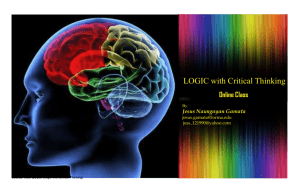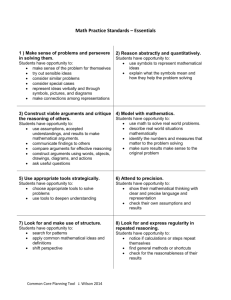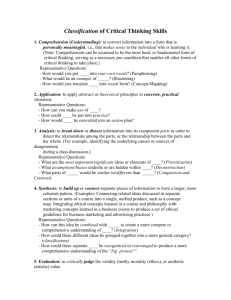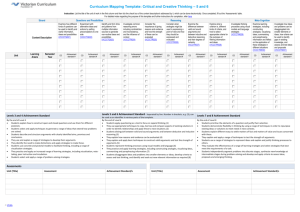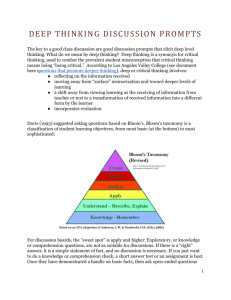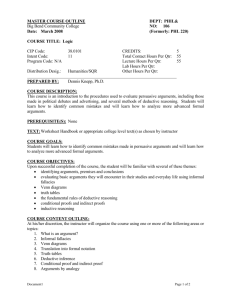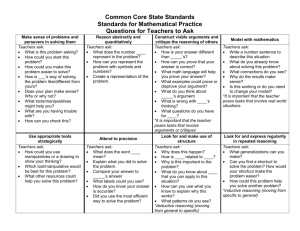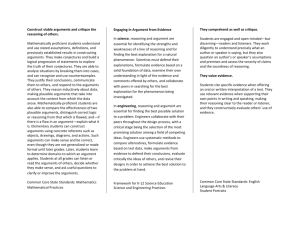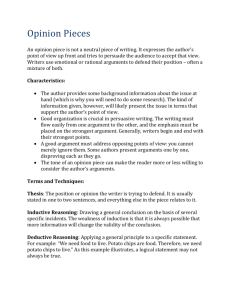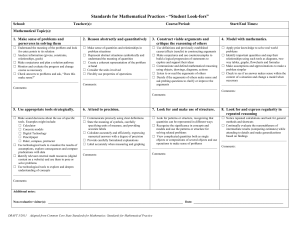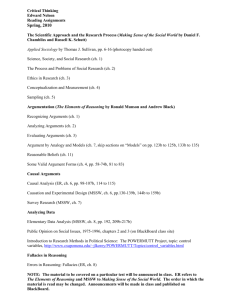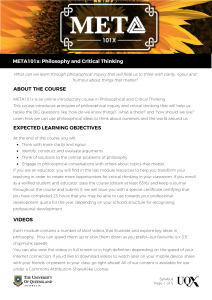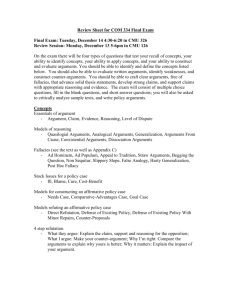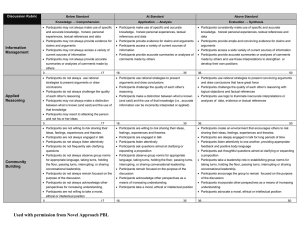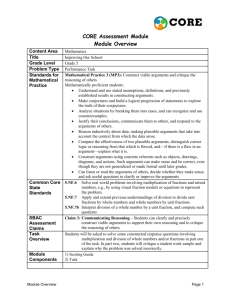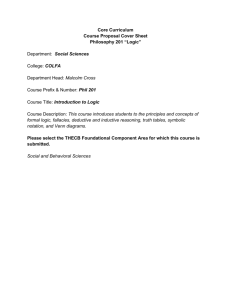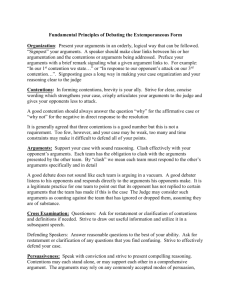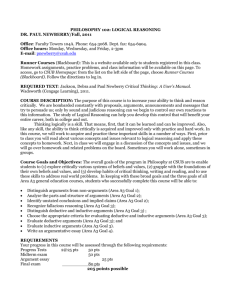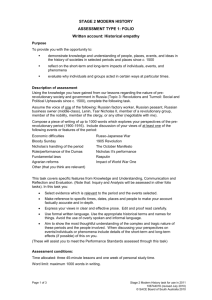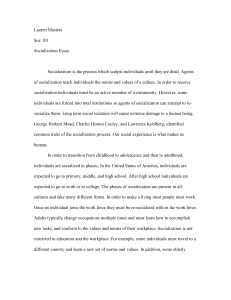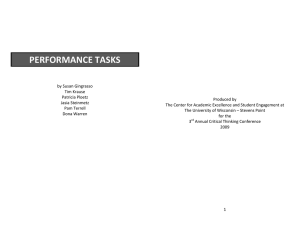Five Principles for Teaching Science for Motivation and Understanding
advertisement
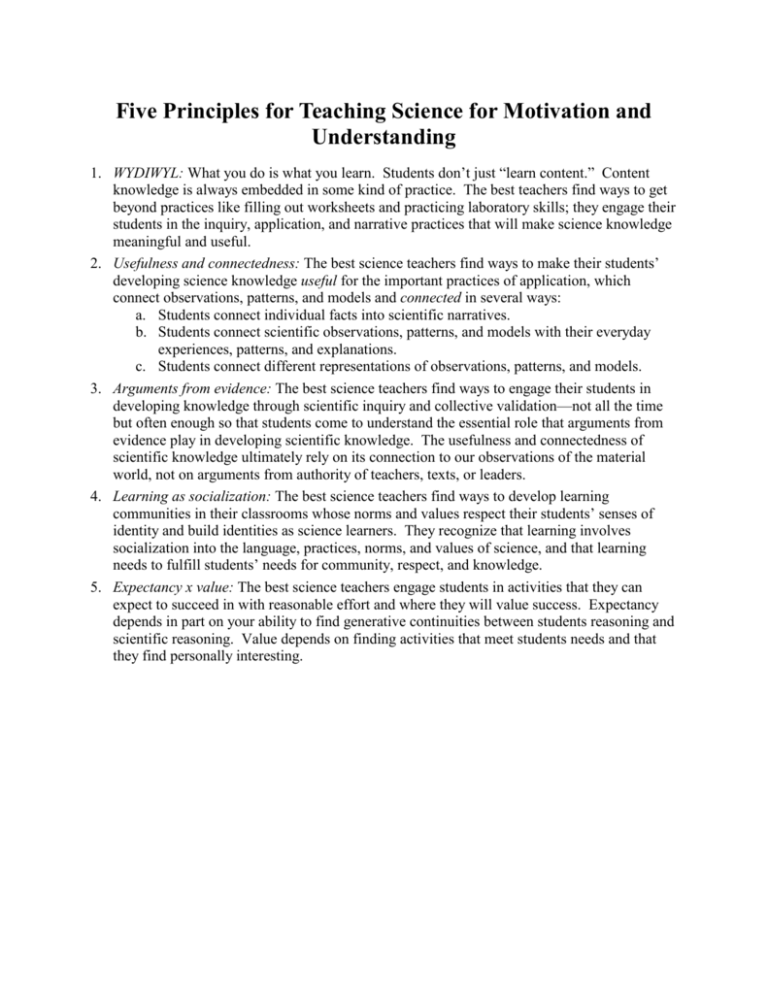
Five Principles for Teaching Science for Motivation and Understanding 1. WYDIWYL: What you do is what you learn. Students don’t just “learn content.” Content knowledge is always embedded in some kind of practice. The best teachers find ways to get beyond practices like filling out worksheets and practicing laboratory skills; they engage their students in the inquiry, application, and narrative practices that will make science knowledge meaningful and useful. 2. Usefulness and connectedness: The best science teachers find ways to make their students’ developing science knowledge useful for the important practices of application, which connect observations, patterns, and models and connected in several ways: a. Students connect individual facts into scientific narratives. b. Students connect scientific observations, patterns, and models with their everyday experiences, patterns, and explanations. c. Students connect different representations of observations, patterns, and models. 3. Arguments from evidence: The best science teachers find ways to engage their students in developing knowledge through scientific inquiry and collective validation—not all the time but often enough so that students come to understand the essential role that arguments from evidence play in developing scientific knowledge. The usefulness and connectedness of scientific knowledge ultimately rely on its connection to our observations of the material world, not on arguments from authority of teachers, texts, or leaders. 4. Learning as socialization: The best science teachers find ways to develop learning communities in their classrooms whose norms and values respect their students’ senses of identity and build identities as science learners. They recognize that learning involves socialization into the language, practices, norms, and values of science, and that learning needs to fulfill students’ needs for community, respect, and knowledge. 5. Expectancy x value: The best science teachers engage students in activities that they can expect to succeed in with reasonable effort and where they will value success. Expectancy depends in part on your ability to find generative continuities between students reasoning and scientific reasoning. Value depends on finding activities that meet students needs and that they find personally interesting.
